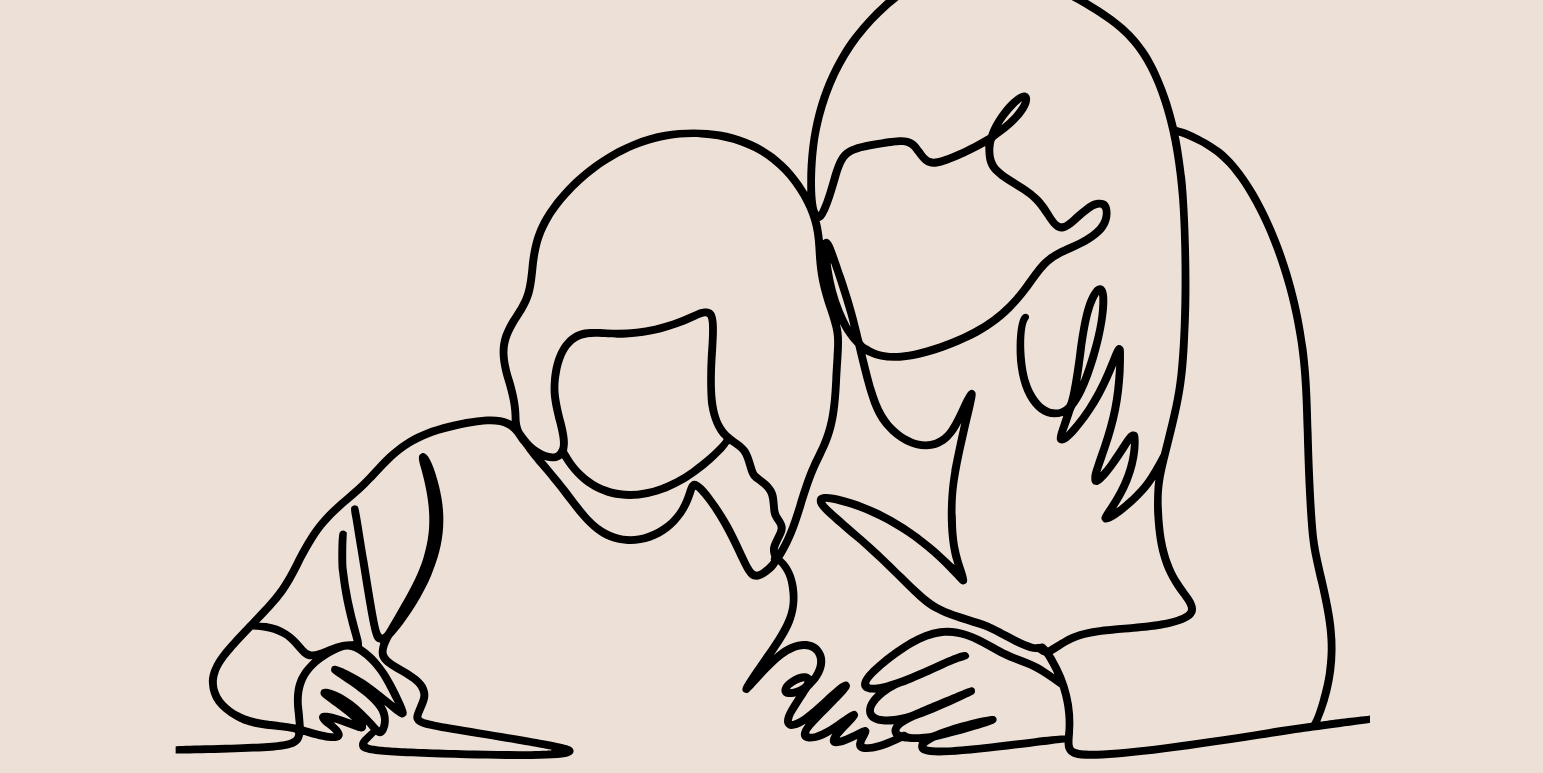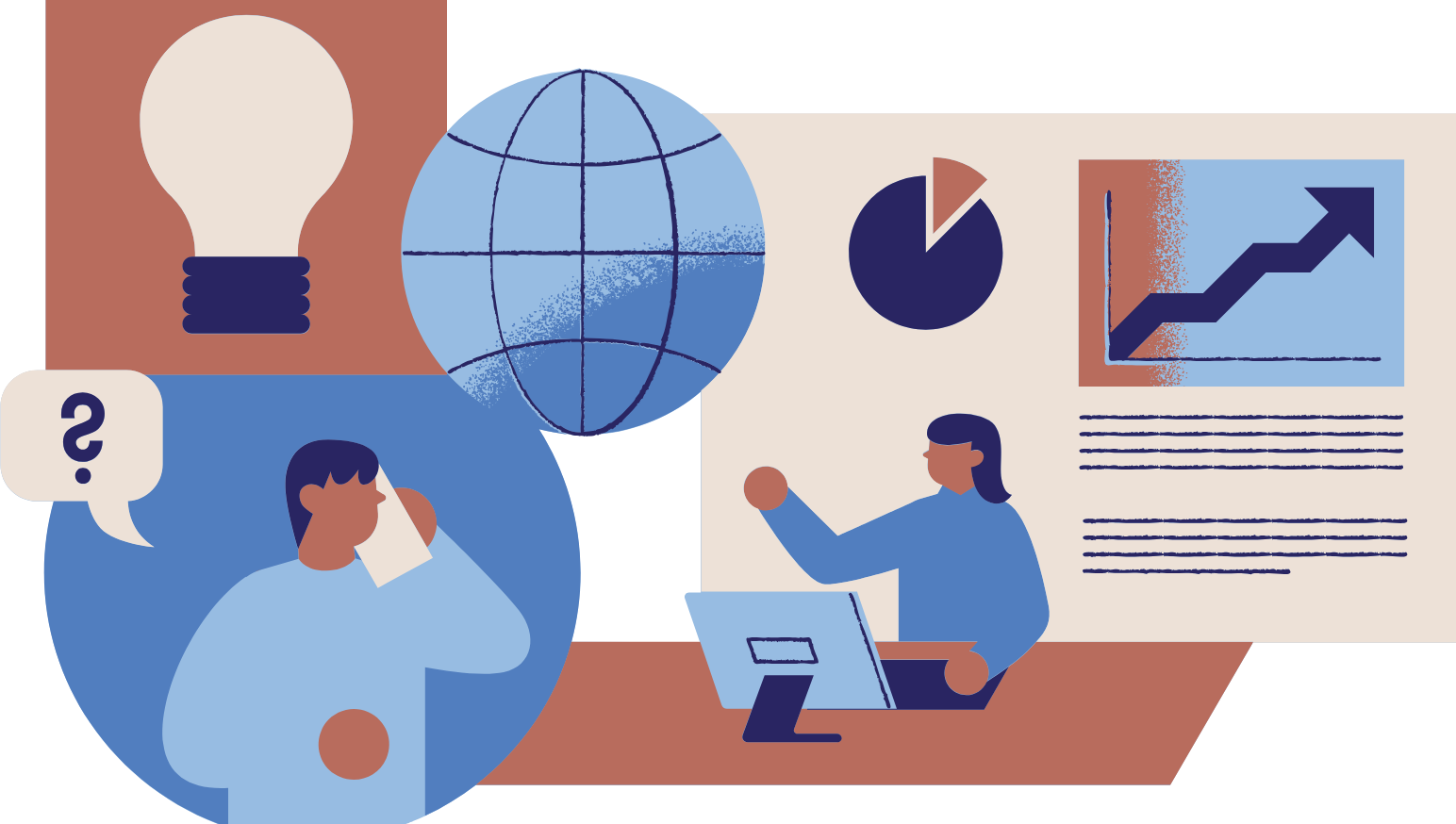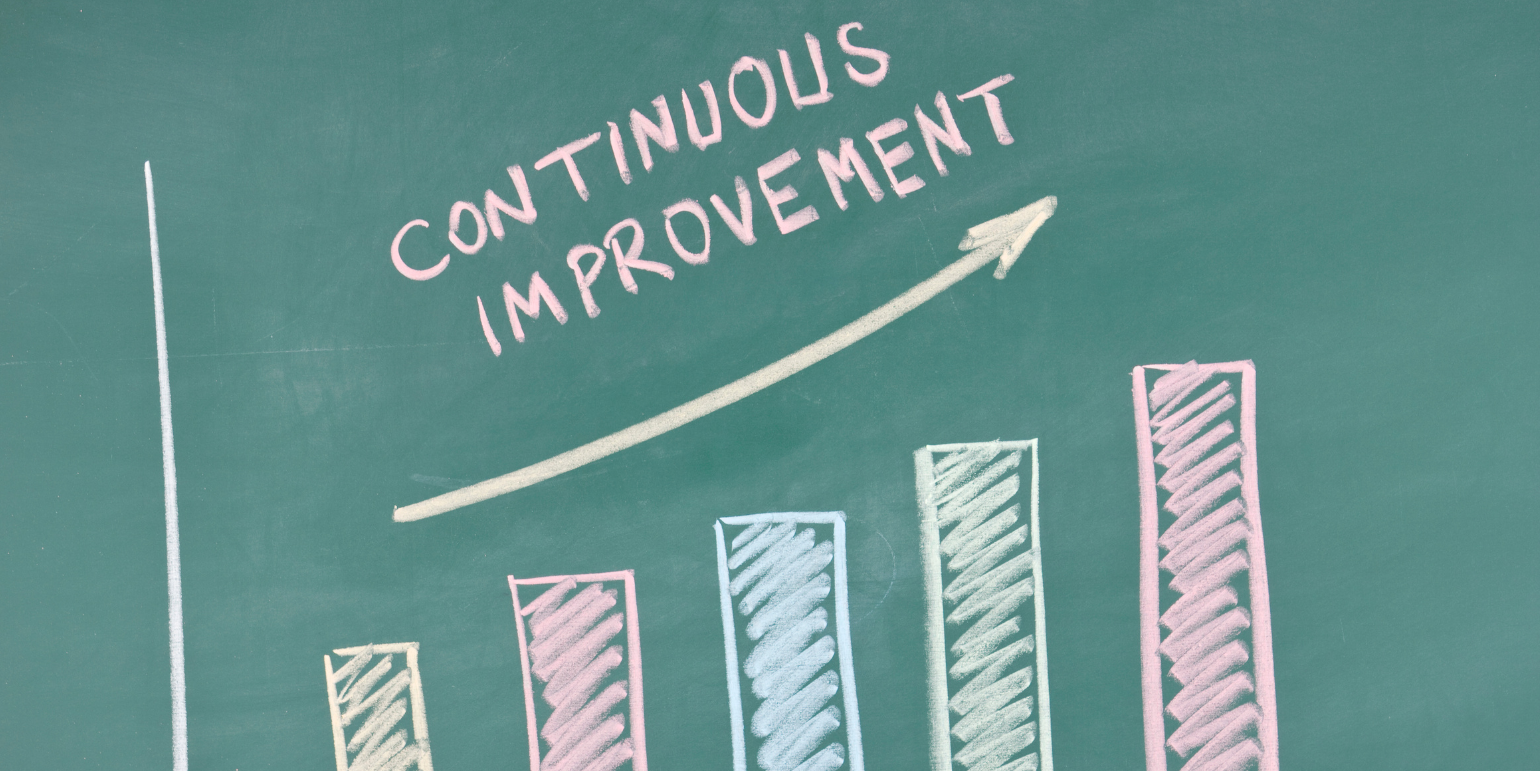
How can teachers help students from historically marginalized backgrounds feel valued and supported? The Northwestern-Evanston Education Research Alliance highlights insights from research that was conducted over the course of three years on strengthening teacher-student relationships using humanizing pedagogies.
- Humanizing Pedagogies
- RPP Research
- Student Supports
- Teacher-Student Relationships

What happens when students and teachers are treated as partners and change agents? The Adapted Measure of Math Engagement project shares how to sustain student and teacher partnership engagement over time, what participants gained, and how they hope their contributions lead to meaningful change in their school district.
- Student Voice
- Teachers
- Youth Voice

How can RPPs navigate the complexities of partnership work? The Institute for School Partnership examines Appreciative Inquiry as a valuable approach, sharing how the partnership has used Appreciative Inquiry to support improvement science projects, strengthen professional learning activities, and evaluate the health of the RPP.
- Appreciative Inquiry
- RPP Evaluation
- RPP Management
- RPP Tools

The NYC Partnership for Math Equity explores what it means to establish and launch an RPP that includes an education technology partner –a research-practice-platform partnership or RPPP–, sharing lessons learned through framing provided by the Milestones Guide for emerging RPPs.
- Getting Started
- Milestones
- Research-Practice-Platform Partnership
- RPP Tools

What can quick RPP health checks look like and how can they be easily integrated into a partnership’s regular activities? An RPP evaluator describes how two RPPs are using mini-routine prompts in their regular meetings and shares three tips for using these quick health check routines in your context, even if you only have five minutes per meeting to spare.
- RPP Evaluation
- RPP Health

St. Louis has disproportionately high rates of student mobility. Local practitioners wanted to better understand which students were moving, where, and why, in order to design more effective initiatives to meet student and educator needs. The St. Louis School Research Practice Collaborative shares its partnership research on student mobility, including how it led to deeper investigations into how data is collected and coded.
- Data Interpretation
- RPP Research
- Student Mobility

How do different organizations and systems within the areas of education research, practice, and policy work together within states across the country, and how does this compare across states? We introduce a cross-state analysis of the research-practice-policy ecosystems in eight states that seeks to develop a common framework from which to examine the systems of organizations that interact to help research, practice, and policy work together to improve educational outcomes.
- Field Building
- Infrastructure

How can RPPs understand and leverage the role and expertise different partners contribute, especially in the partnership’s early years? The Secure and Upgrade Computer Science in Classrooms through an Ecosystem with Scalability & Sustainability (SUCCESS) RPP shares its journey of understanding the crucial role middle school counselors play in providing computer science learning to rural students.
- Capacity Building
- Computer Science
- Getting Started
- Roles in RPPs

One of the best ways to demonstrate the “why,” “how to,” and “so what” of research-practice partnerships, we have found, is to share what RPP work looks like in real life – and what impact it has in real life. Here, we share six stories of RPP impact, as told by partnerships within NNERPP from various settings and contexts and at various different stages of their partnership journey.
- RPP impact
- RPP Research

Proving Ground works to support partners in making evidence-based continuous improvement part of the ordinary course of business. In this conclusion to the “Improving Improvement” series, Proving Ground shares a thoughtful reflection on their progress towards that goal.
- Improvement Science

How can RPPs use culturally responsive and equitable evaluation (CREE) approaches in their work? Education Northwest spotlights the CREE framework and shares a real-world example of using the CREE approach in partnership work.
- Equity
- Evaluation
- RPP Tools

How can RPPs create a culture of collaboration and build relationships in the early years? The ReadUp partnership shares insights and experiences from its early years of working together to produce and use research that reduces disparities in students’ reading achievement.
- Capacity Building
- Getting Started
Are you interested in writing for NNERPP | Extra? We invite you to share your proposed article!
Explore all full editions of NNERPP Extra as PDFs in our editions archive!

